
Many people all over the world suffer from dry eye syndrome (DES), including over 25 million of Americans. Instead of having healthy eyes, which produce tears to lubricate and enable clear vision, these patients experience inadequate production or evaporation of tears and consequent problems with their eyes. Although this problem is commonly seen in people over 40 years of age, too much television or hours of work behind the computer can also lead to dry eyes even in much younger people.
Older age and prolonged use of contact lenses are very common causes of dry eyes. Dry and dusty climate and air conditioner in your office or your home may also lead to the same problem, as well as the use of medications such as anti-histamines and antidepressants. Additionally, some patients suffering from rheumatoid arthritis or lupus may also develop dry eyes.
What Medications Can Be Used for Dry Eyes?
If you are suffering from dry eye syndrome, your doctor may prescribe or recommend several medications, including some eye drops and eye lubricants or antibiotics if the cause of the problem is found out to be some infection.
Eye drops for dry eyes may contain anti-inflammatory drugs, bicarbonates or some hypotonic drugs. Restasis is a long-term eye drop medication which should be used once per day. These are the only anti-inflammatory eye drops recommended by the Food and Drug Administration (FDA). Thera drops and Akwa or Hypo tears are hypotonic eye drops that also may be recommended for a patient suffering from dry eyes. Murine or Bion tears are bicarbonate medications, also beneficial for these patients.
Besides the mentioned, there are gelling eye drops, some serum eye drops and also oil-based eye drops available on the market. Your doctor can advise you to use certain eye lubricants or artificial tear inserts to relieve dryness of your eyes.
Infection-related dry eye syndrome is commonly treated with tetracycline antibiotics, usually in the form of different ointments used before bedtime.
Are There Any Other Treatments?
Humidifiers at your home may increase moisture of the air you breathe and ease evaporation and dryness of your eyes as well. Make frequent breaks when working on computer and while watching television and your eyes will not be so dry. Lubricating eye drops are essential for every person who uses contact lenses.
Moisture chambers are useful for people who sleep with eyes open at night. However, for people suffering from blockage of the tear drainage system or incomplete closing of the eyelids, surgery might be the only solution.


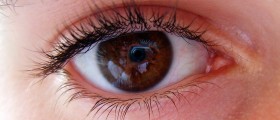
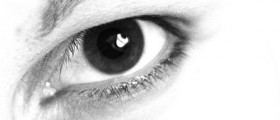
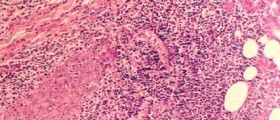

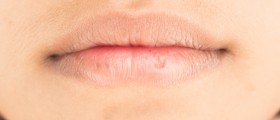
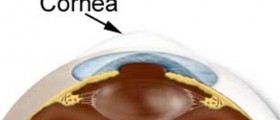
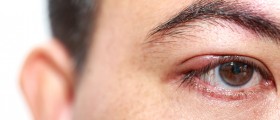

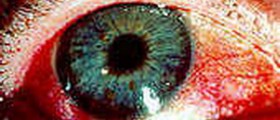
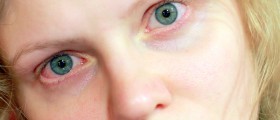
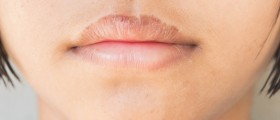
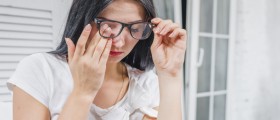
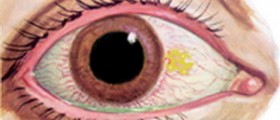
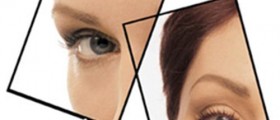
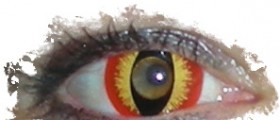
Your thoughts on this
Loading...